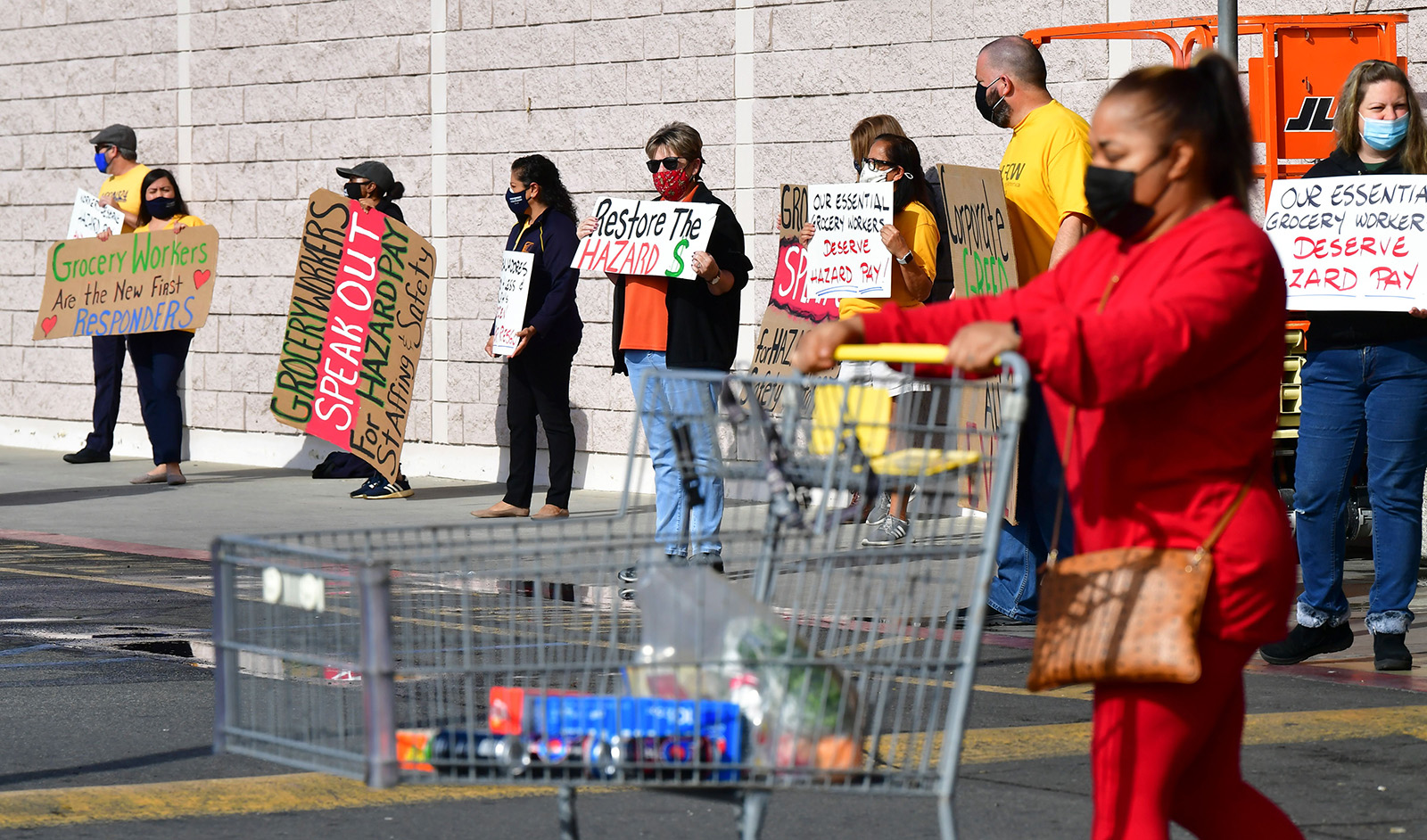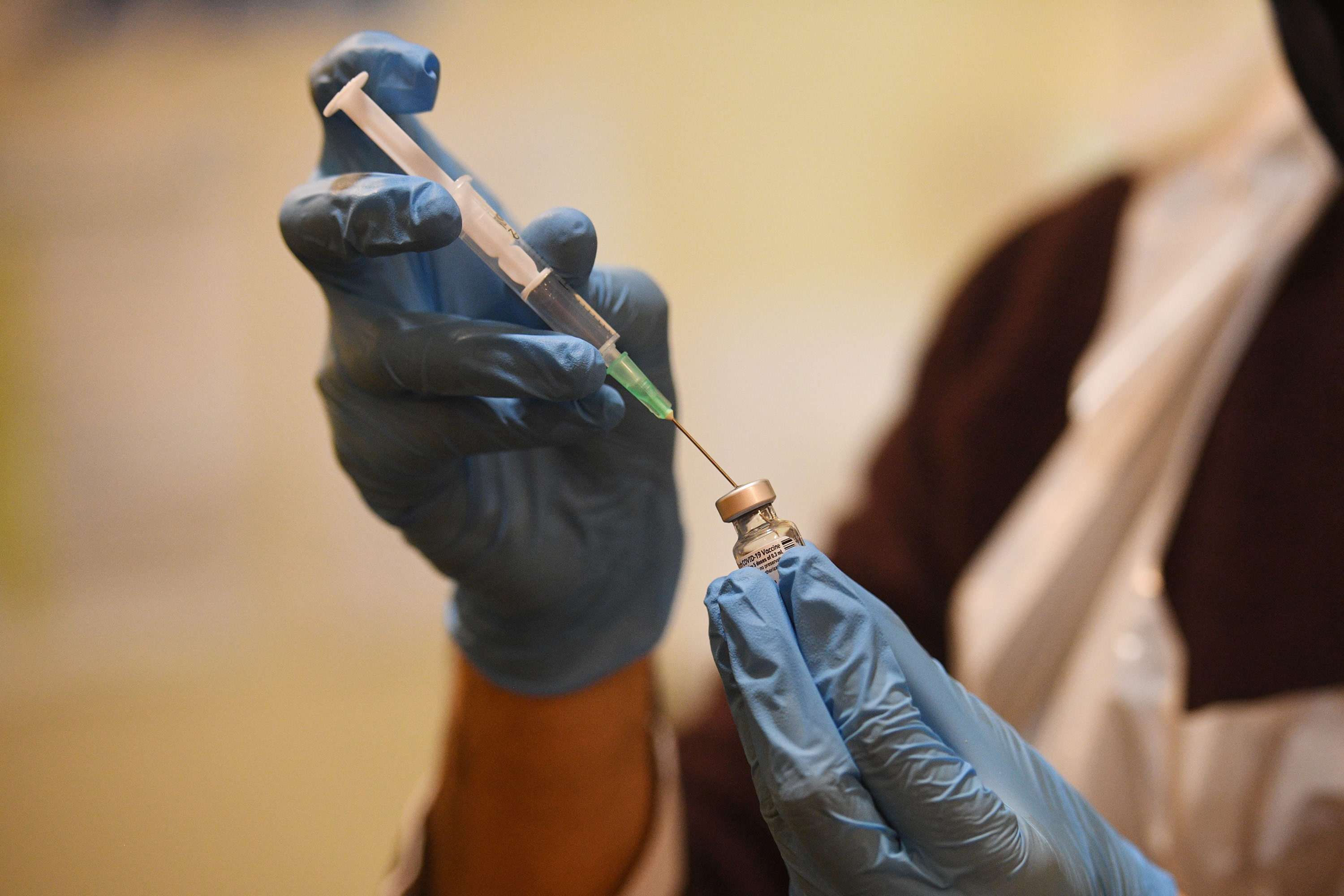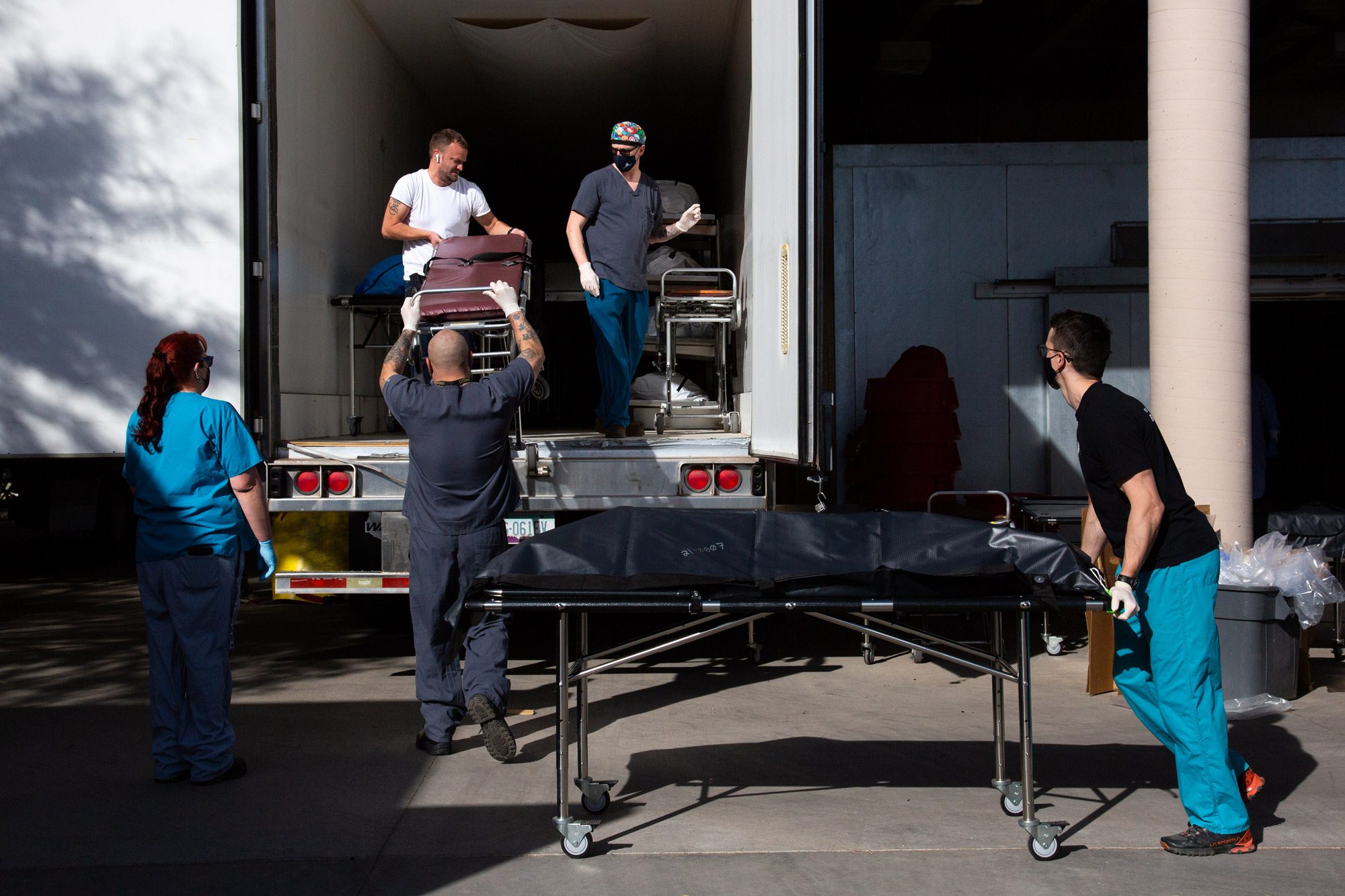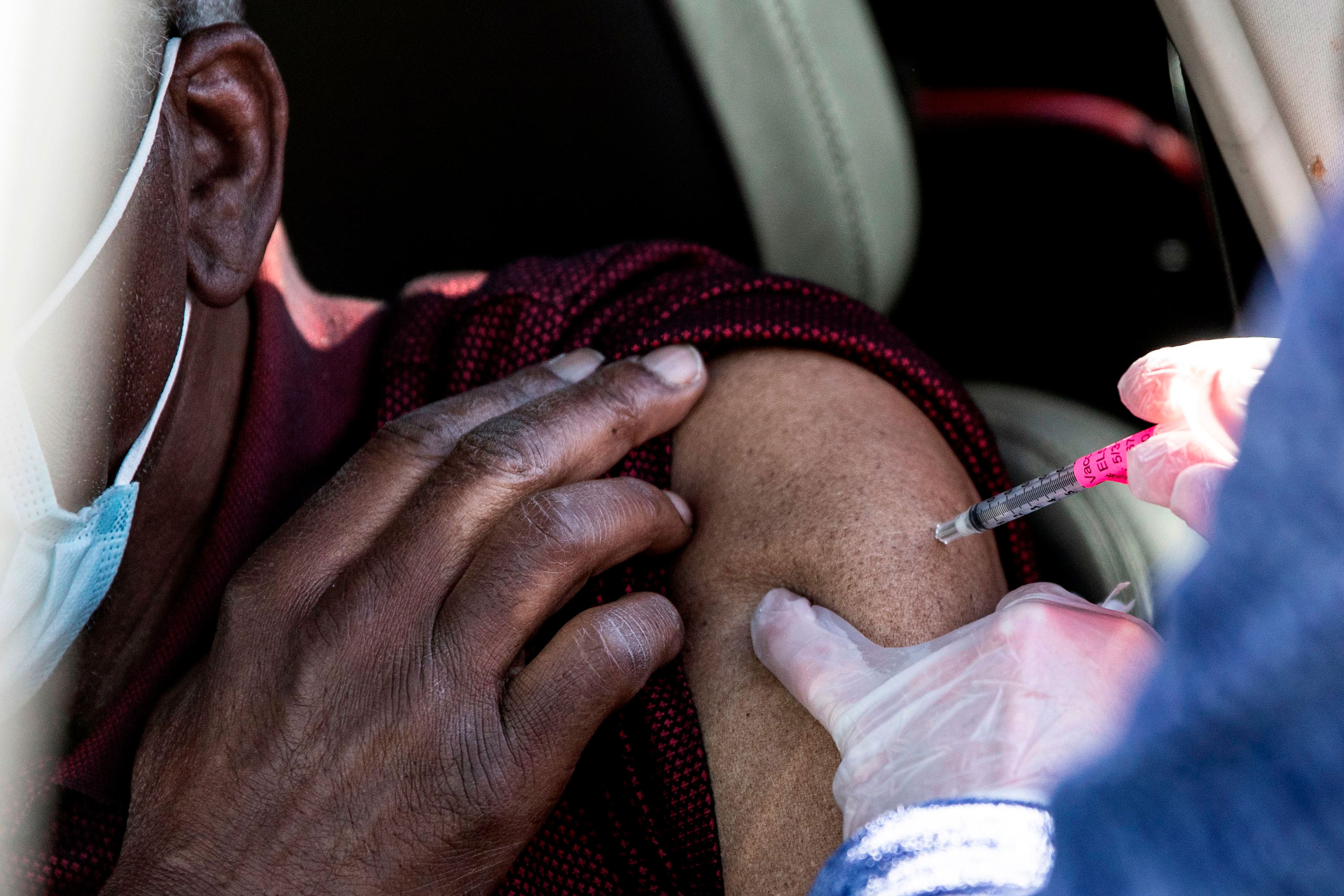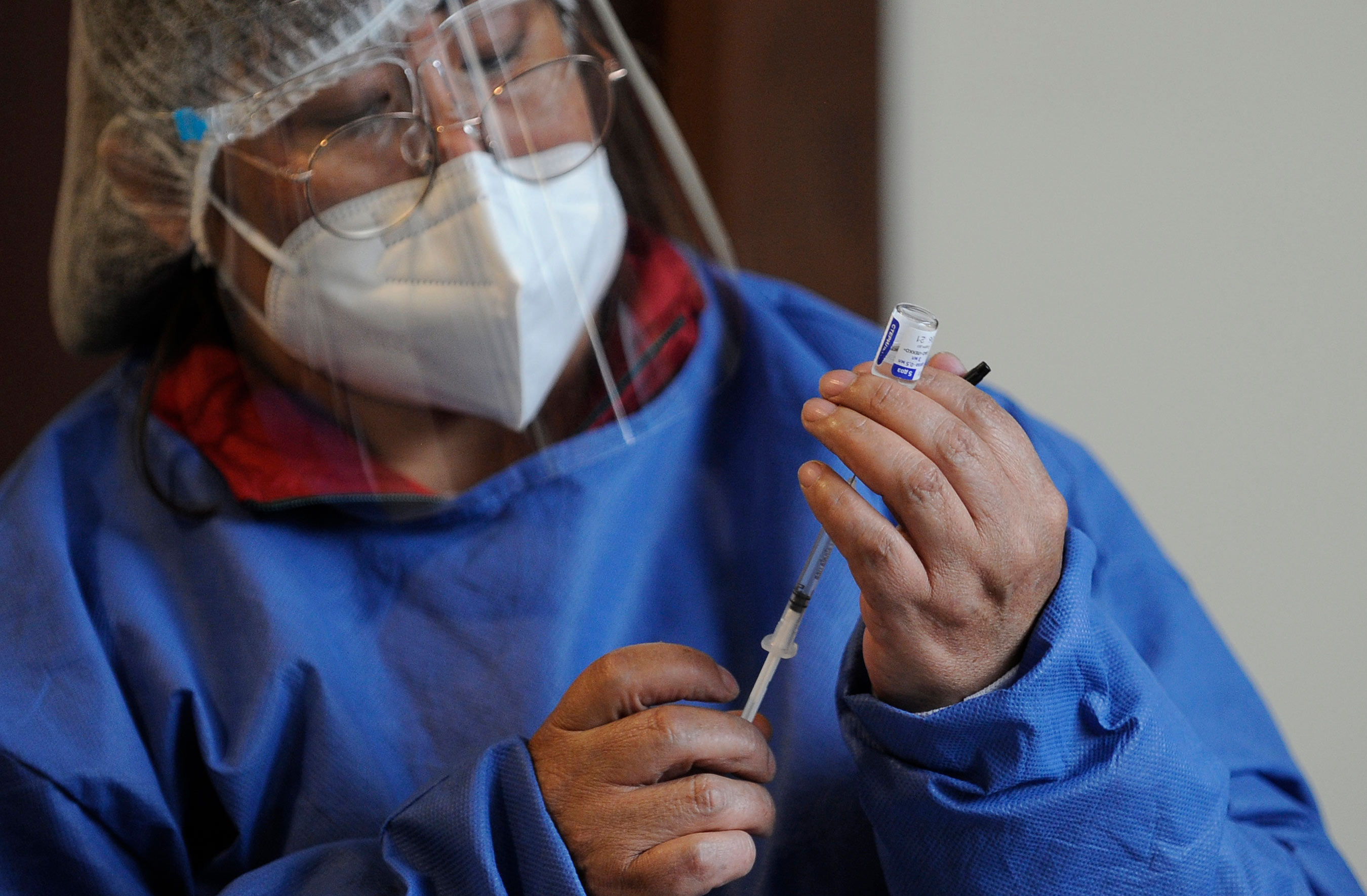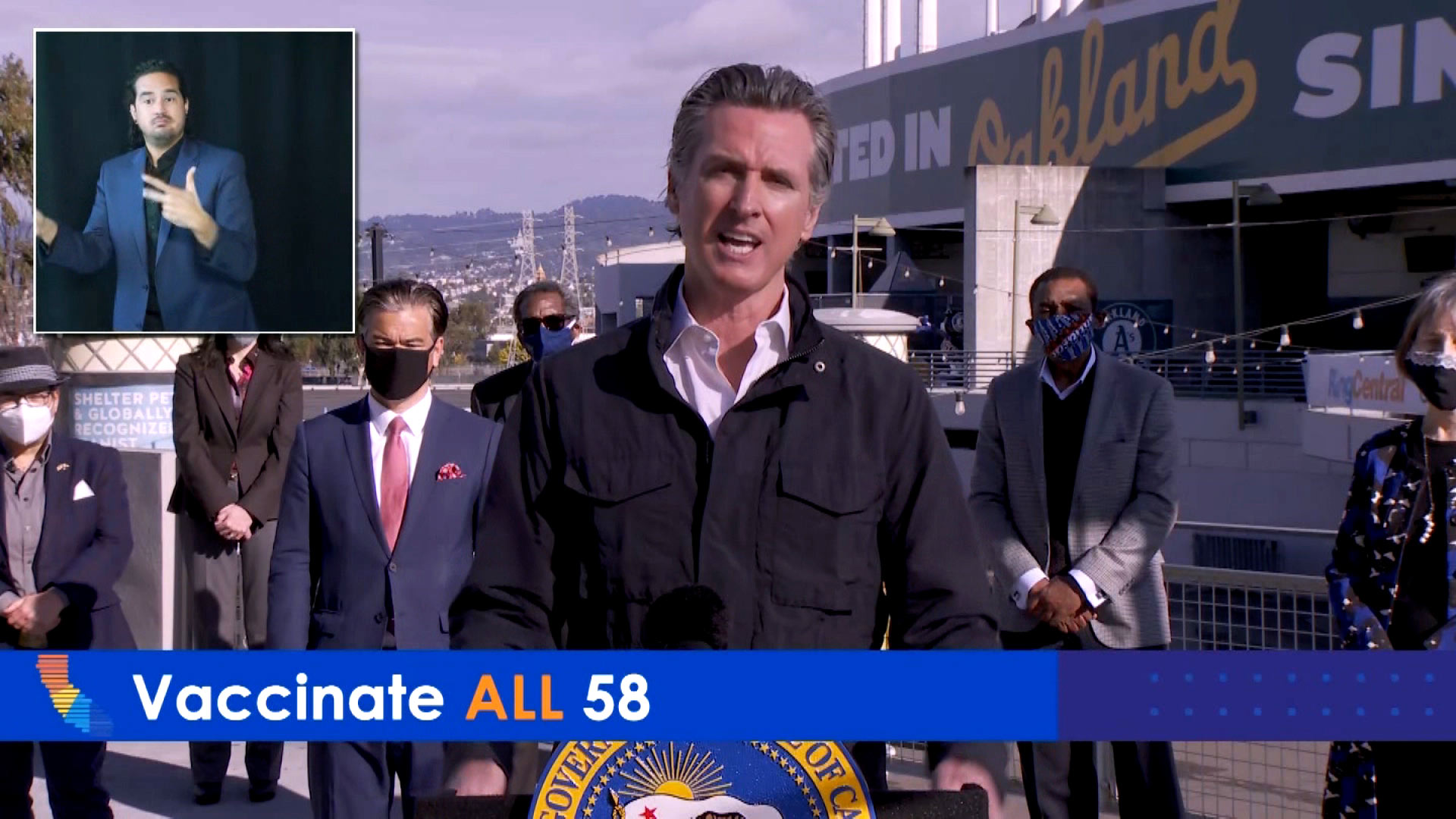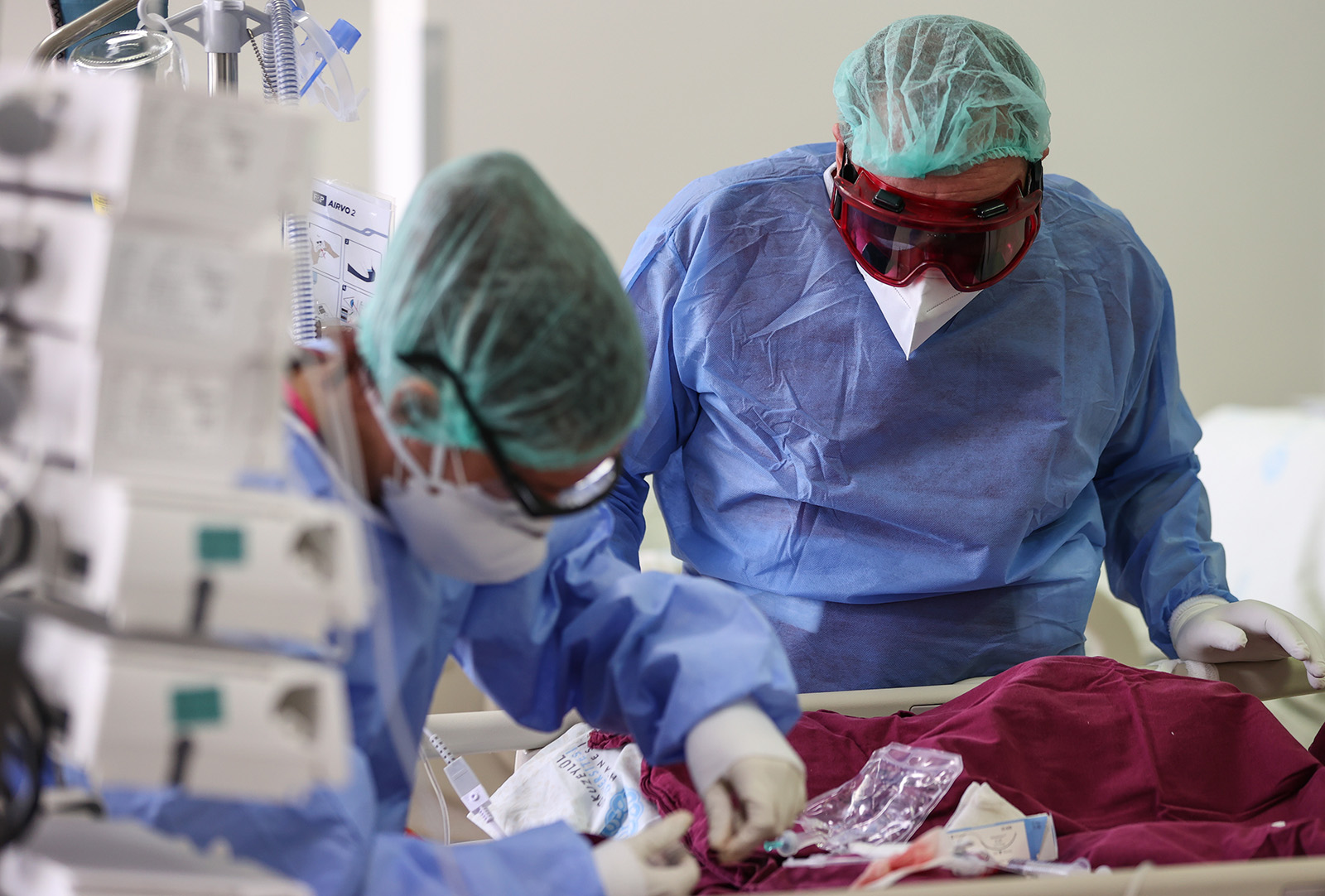
Two people in Turkey have contracted the Covid-19 variant first seen in South Africa, and one patient has been identified with the variant first seen in Brazil, Turkish health minister Fahrettin Koca said on Wednesday, according to state news agency Anadolu.
"Risky mutations spread without boundaries. The (numbers of cases of the) UK mutation in our country now stands at 196. Two cases of the South African variant and one case of the Brazilian variant were (also) encountered. These days, when new mutations are seen and cases are on the rise again, we will continue our struggle without compromising on measures," Koca said on Twitter.
Turkey suspended flights from Brazil, Denmark, and South Africa in late January due to the new strains of coronavirus.
The Turkish Health Ministry announced 8,102 new Covid-19 infections and 117 additional deaths on Wednesday, bringing the national total to 2,501,079 cases and 26,354 fatalities.
About 2.4 million people have had their first dose of vaccinations, according to the ministry. After additional safety tests, phase 2 will begin, with the vaccination of citizens aged over 65.
Turkey is administering the Sinovac vaccine from China, in a deal that's expected to eventually supply 50 million doses.
